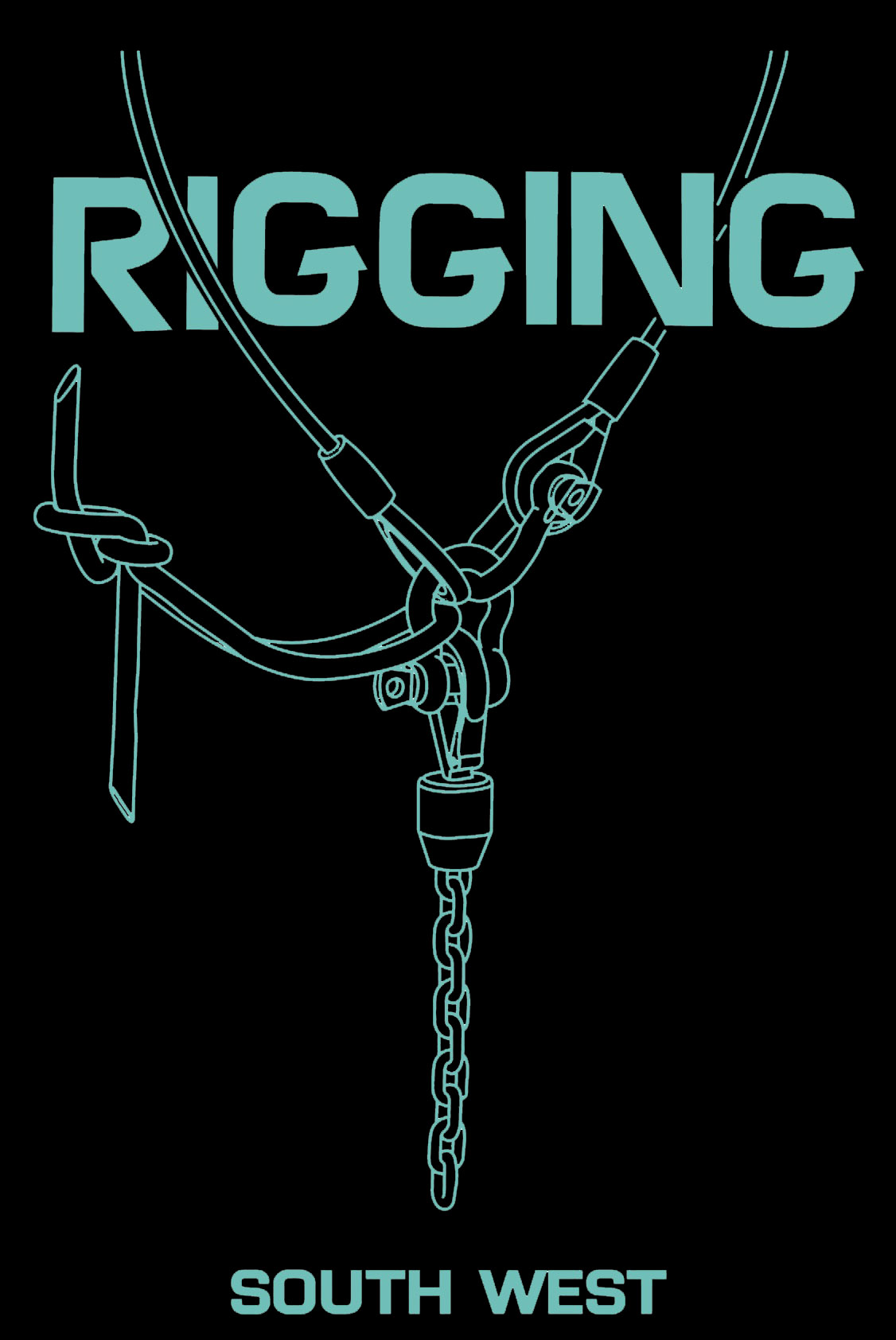Steve Jones a Lloyds British LOLER inspector. That means that we can provide inspection and certification services to ensure that you or your business remains compliant with the Lifting Operations and Lifting Equipment Regulations 1998 (LOLER). If you are unsure of how the rules apply to you or how to remain complaint, we are here to help.
The Lifting Operations and Lifting Equipment Regulations 1998 (LOLER) is a key piece of UK legislation designed to ensure the safety of lifting operations and equipment in the workplace. These regulations apply to employers, self-employed individuals, and anyone responsible for the use and maintenance of lifting equipment.
What is LOLER?
LOLER establishes a legal framework for the safe use of lifting equipment to protect workers and the public from the risks associated with lifting operations. It is part of the broader set of regulations under the Health and Safety at Work Act 1974. The goal is to minimize accidents and injuries caused by improper use, faulty equipment, or inadequate maintenance.
Key Requirements of LOLER
1. Proper Planning and Supervision
All lifting operations must be planned, supervised, and carried out by competent individuals to ensure safety and efficiency.
2. Thorough Examination
Lifting equipment must undergo periodic, thorough examinations by a qualified person. The frequency depends on the type of equipment and its use but is typically every six months for lifting equipment used to lift people and every 12 months for other equipment.
3. Fit-for-Purpose Equipment
All lifting equipment must be strong, stable, and suitable for its intended use. This includes any accessories such as slings, chains, and hooks.
4. Marking of Equipment
Lifting equipment must be clearly marked with its Safe Working Load (SWL). If the equipment is designed for lifting people, it must also include additional safety features and clear markings.
5. Record Keeping
Employers must maintain accurate records of thorough examinations and inspections, including any defects found and corrective actions taken.
6. Risk Assessment
Before any lifting operation, a thorough risk assessment must be conducted to identify potential hazards and implement control measures.
Who Does LOLER Apply To?
LOLER applies to various industries, including construction, manufacturing, logistics, healthcare, and any sector where lifting operations are performed. It covers a wide range of equipment, such as cranes, forklifts, hoists, passenger lifts, and even ropes and pulleys.
Consequences of Non-Compliance
Failing to comply with LOLER can lead to serious consequences, including:
• Legal action or fines from regulatory bodies.
• Increased risk of accidents and injuries.
• Damage to the company’s reputation.
How to Ensure Compliance
1. Regularly inspect and maintain lifting equipment.
2. Train employees to use lifting equipment safely.
3. Schedule thorough examinations as required by law.
4. Keep detailed records of all lifting operations and equipment checks.
I specialize in helping businesses comply with LOLER through comprehensive risk assessments and equipment inspections. Contact us today to ensure your workplace meets the highest safety standards.
Stay safe. Stay compliant with Rigging South West.
